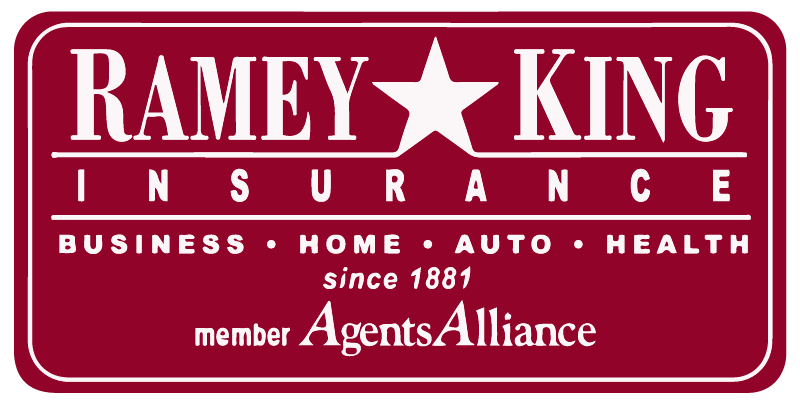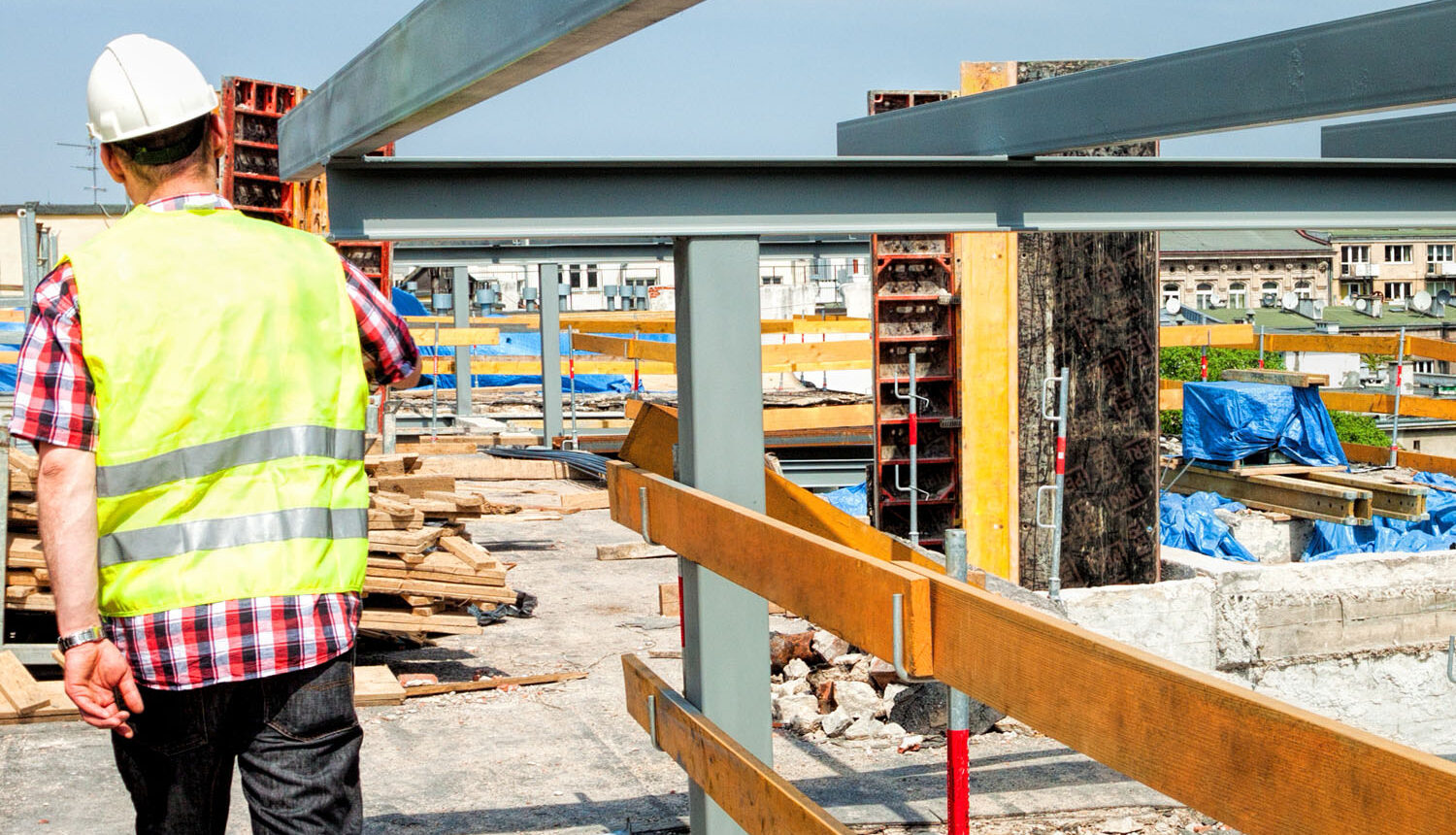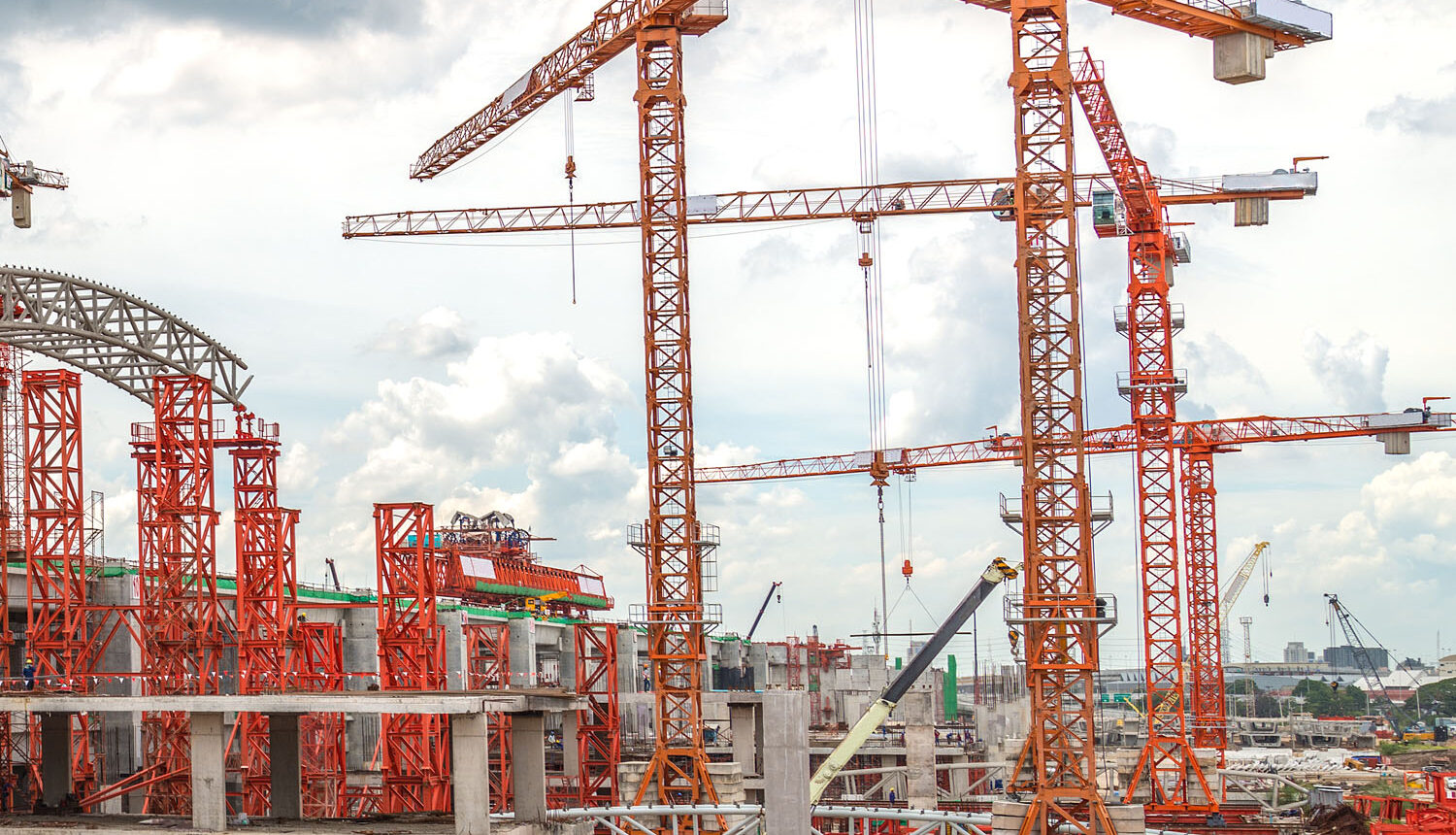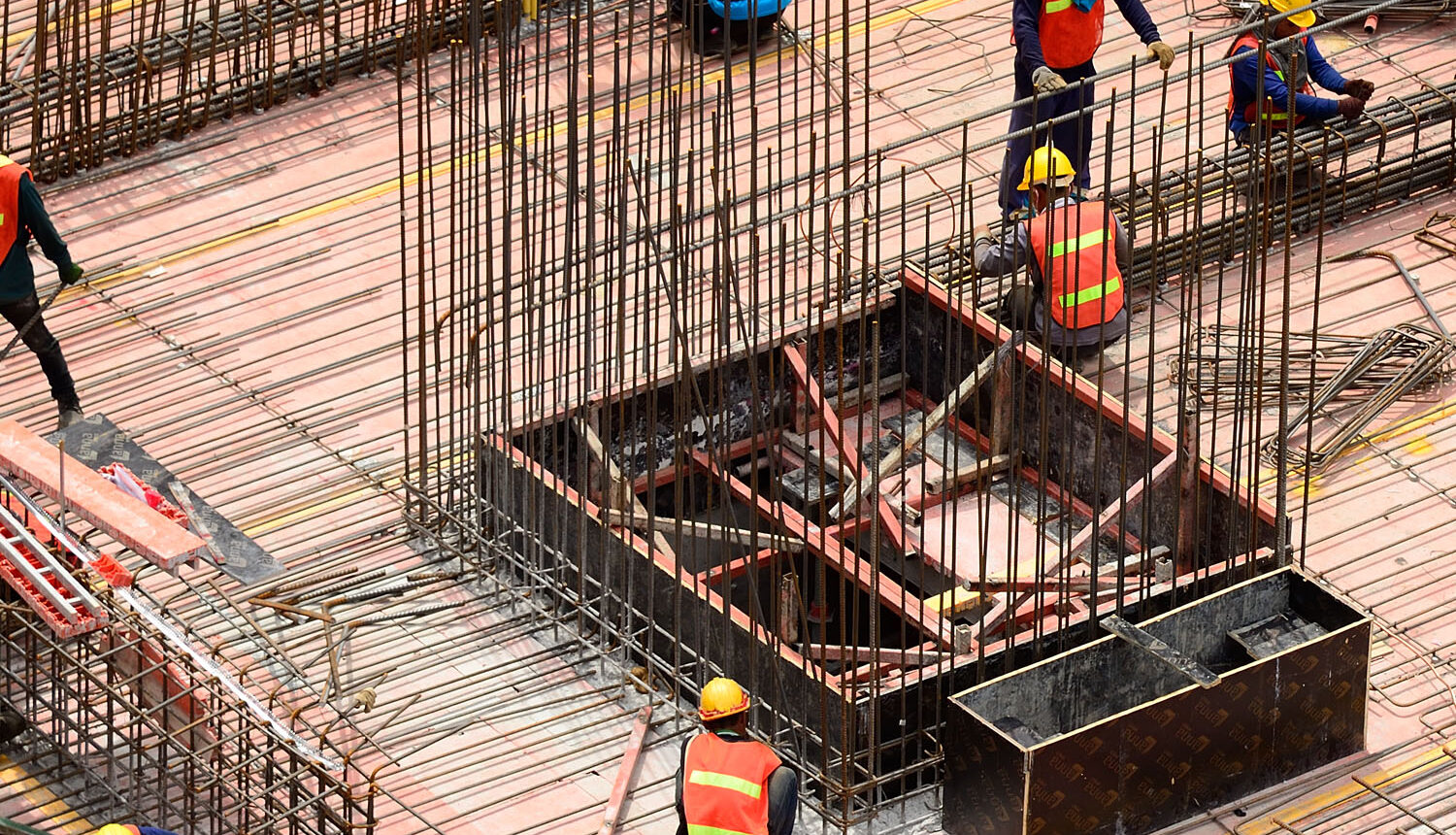Ramey King Insurance
Construction Insurance in Texas
Questions? Call us at (940) 382-9691
What is construction insurance?
For businesses in the construction industry, navigating through the myriad risks and potential liabilities that they face can be challenging. Construction insurance is a key tool that Texas construction businesses can use to mitigate their risks, including both property and liability ones.
Construction insurance is a form of commercial insurance tailored for contractors and construction businesses. This type of policy typically provides multiple coverages, giving robust protection.
Get a Quote
What Texas businesses should have construction policies?
The majority of Texas businesses operating in the construction industry should have a construction policy in place. A diverse range of contractors can benefit from a policy's protections. For example, policies are frequently purchased by:
- General contractors
- Artisan contractors
- Specialized subcontractors
- Heavy construction companies
- New home builders
- Residential construction companies
- Commercial construction companies
Construction policies are available for all sizes of businesses, from individual carpenters to large-scale developers. No one policy is right for every business in this industry, though. An insurance agent who specializes in construction policies can guide businesses to the right policy based on their particular needs.
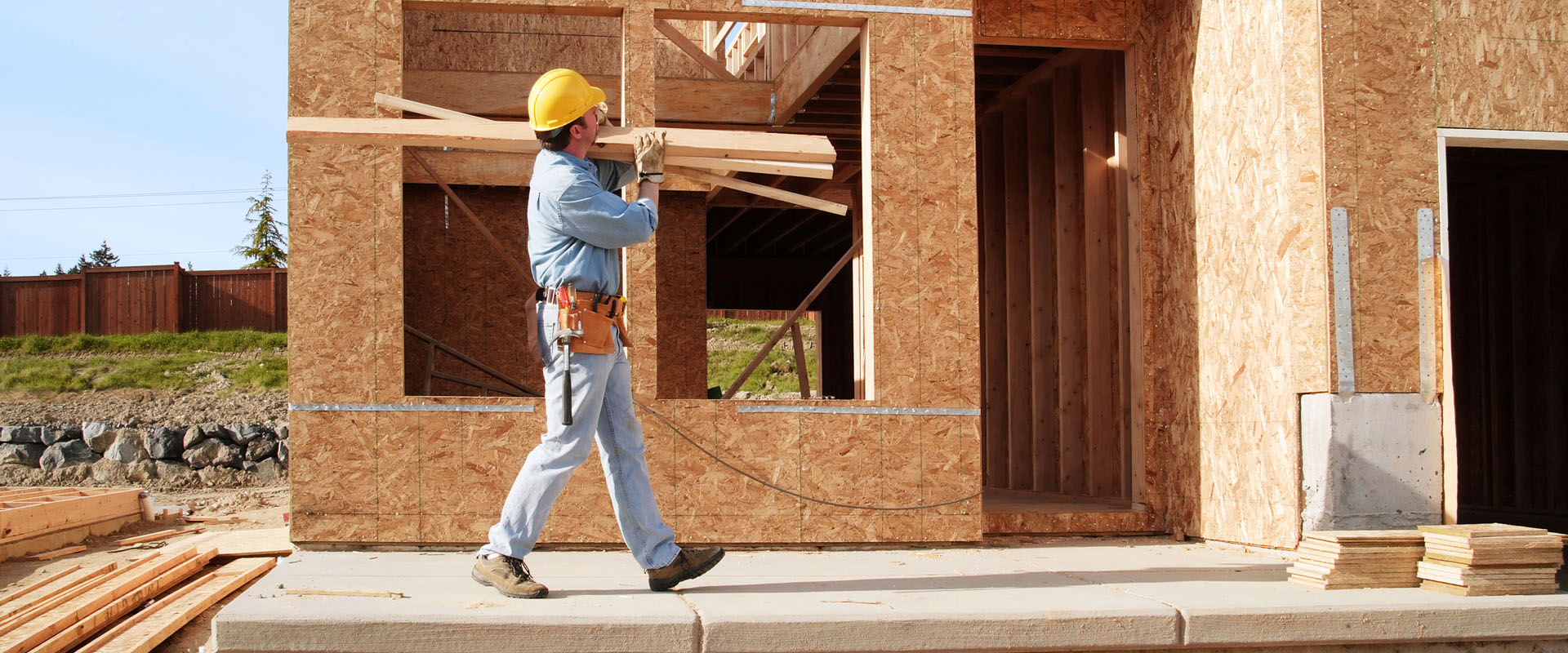
Typical Coverages
What coverages are available through construction policies?
Construction policies offer a range of protections, including both construction property insurance protections and construction liability insurance protections. Property protections primarily safeguard assets, such as facilities and equipment, against potential damage or loss. Construction liability insurance protections guard against potential lawsuits.
Construction property insurance protections that are commonly available include:
- Building Coverage: Generally for protecting company-owned storage facilities, offices and other buildings.
- Inland Marine Coverage: Generally for safeguarding equipment, tools, and materials during transit to and from job sites.
- Builders Risk Coverage: Generally for covering equipment, tools, and materials when they're at job sites.
- Mobile Equipment Coverage: Generally for non-vehicle but mobile equipment (e.g., backhoes, forklifts, excavators, etc.).
- Extra Expense Coverage: Generally for covering facility rental costs in the event of certain disasters.
Commonly available construction liability insurance protections include:
- General Liability Coverage: Generally for common accidents occurring at facilities and job sites.
- Professional Liability Coverage: Generally for mistakes in work, and errant advice given by employees.
- Employee Practices Liability Coverage: Generally for potential discrimination lawsuits filed by employees.
- Commercial Umbrella Coverage: Generally for providing additional protection against costly liability lawsuits.
Do construction businesses need to purchase contract bonds and construction bonds?
For construction businesses working on significant projects like commercial buildings, new housing developments or government contracts, purchasing bonds may be a requirement. Contract and construction bonds offer reassurance to customers that their projects will be completed as stipulated, and ensures financial protection if something goes seriously wrong. Some types of bonds that contractors might need include:
- Bid Bonds: Typically ensure that a business will undertake a project if they win the bid.
- Performance Bonds: Typically ensure that a business will complete a project as per the signed contract.
- Payment Bonds: Typically ensure that a business will pay its employees and subcontractors their proper wages.
Most of these and other types of bonds that contractors may require are usually available from insurance companies.
Typical Coverages

Should construction businesses purchase workers compensation insurance?
Workers compensation insurance provides coverage for medical costs and lost wages arising from on-the-job injuries. Texas law itself normally doesn't mandate workers compensation, but there are reasons to consider it.
Commercial construction companies might need workers compensation if they take on major projects. Large commercial projects and government-contracted projects sometimes require that the company completing the work has workers comp.
Even without any requirement, it's often wise to carry some workers comp coverage. Without it, a contractor could face sizeable financial costs if a worker is injured on the job (which is a present risk for any construction business).
Where can construction businesses get quotes for construction insurance?
If your company is in need of a construction insurance policy, please contact the independent insurance agents at Ramey King Insurance. Our seasoned agents can help you request customized quotes from various Texas insurers, and will make sure you ultimately find a policy that's right for your business.
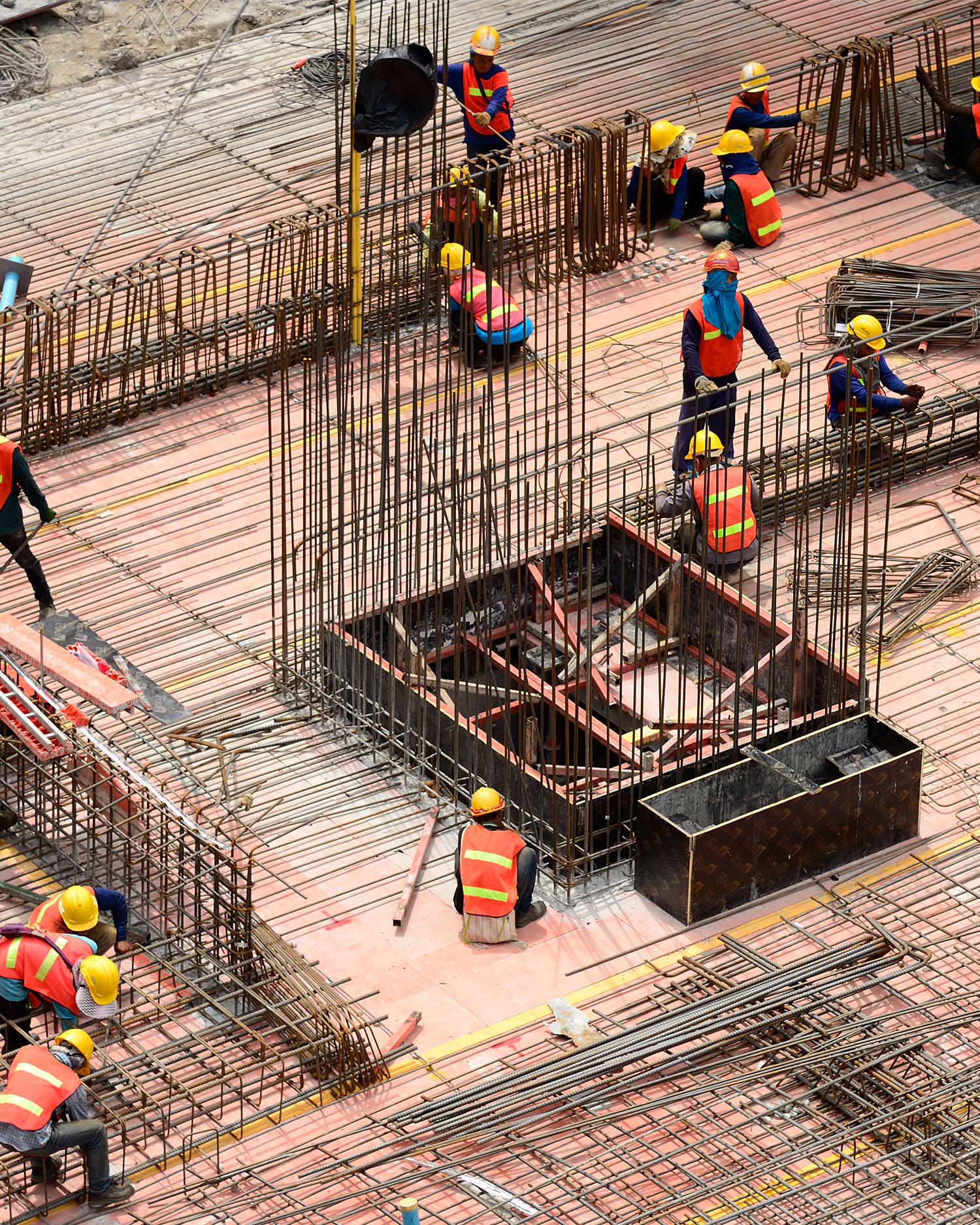
Get a free insurance quote
Send us your info, get a quote!
Questions?
Give us a call, we'll help set you in the right direction.
